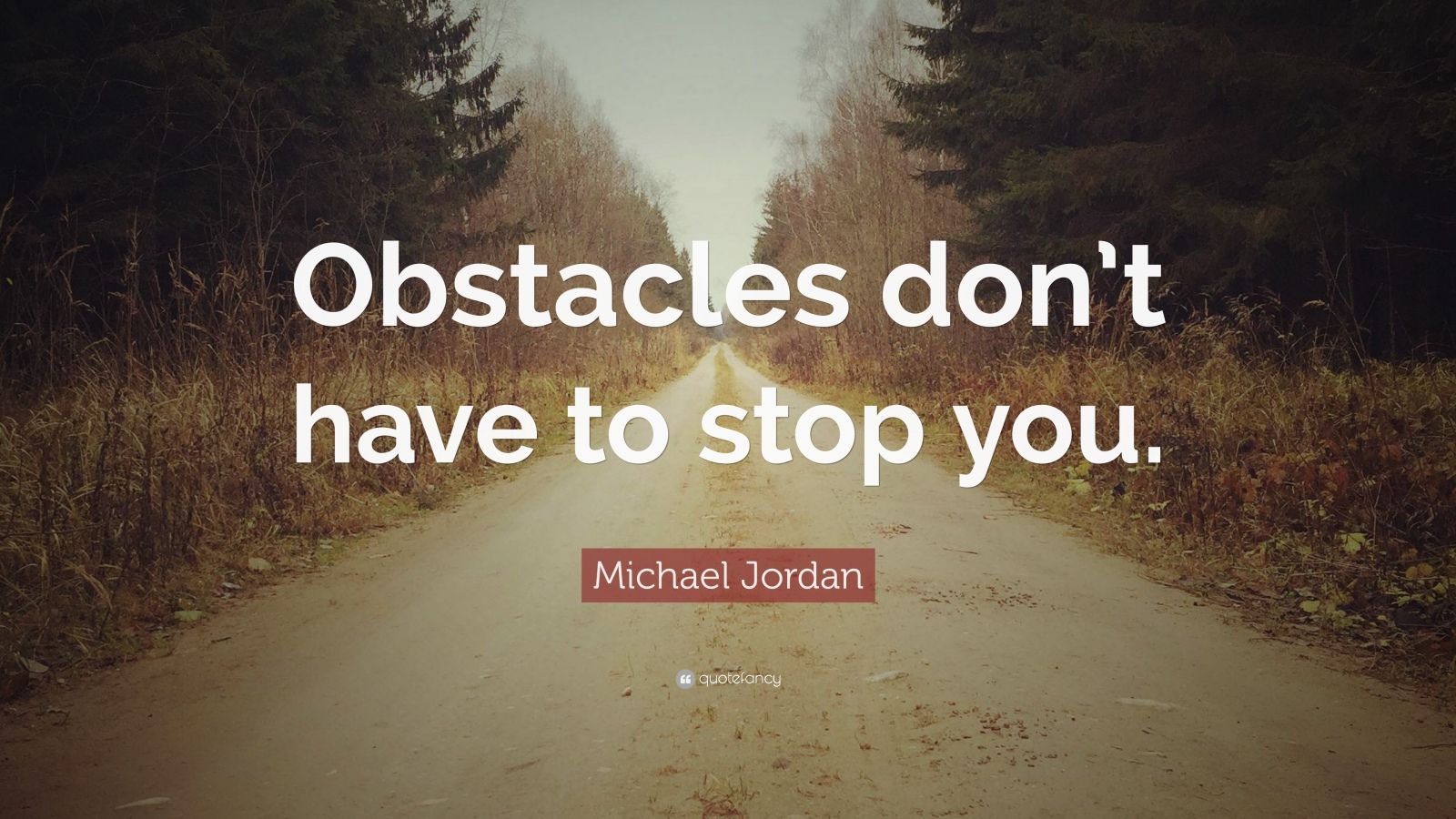
fast forward to the first semester of dental school skinning and decapitating a human corpse and dissecting in areas not even relevant to general dentistry. I was so relieved I could avoid student loans for at least those first years. The income from that and finally deciding to sell the company allowed me to secure a condo and pay for the first 2 years of school. In the time I spent in between application cycles (total 4 years) I did a variety of jobs I hated and ultimately saw a level of success with a company I started. To my surprise I got not one but 2 acceptances!! I was beyond happy and my parents and little sister were so proud, it was a wonderful feeling. After 2 cycles of rejections I finally got accepted on my third try. So I had wanted to be a dentist for as long as I can remember, for a multitude of reasons. I feel completely lost and dont even know what kinds of jobs dental or medical school dropouts seek and successfully manage to get.I dont know if my reasons for staying are enough to stay and what guarantees I wont have these feelings to leave down the line when I'd be up to my neck in loans. The only thing thats keeping me from flat out walking away is 1- out of respect for the DECADE I have spent trying to make it in, And 2- Fear- fear of not being able to find something semi decent with this bio degree and then regretting my decision to leave. I am obviously also disappointed in myself as well but I know in my heart I did give this my all and its disheartening that it wasn't enough. Never attach a pacifier to a string or strap long enough to get caught around your baby's neck.I dont think I have it in me to repeat a whole year, for a single failed class, and take on the financial burden of student loans sooner than anticipated on a career path I cant fully see myself in, in a university that i'm fundamentally disappointed in for various related and unrelated reasons. Replace pacifiers often and use the appropriate size for your baby's age. Don't put sweet substances on the pacifier. You'll only spread more germs to your baby. Resist the temptation to "rinse" the pacifier in your own mouth. After age 6 months, simply wash pacifiers with soap and water. Until your baby is 6 months old and his or her immune system matures, frequently boil pacifiers or run them through the dishwasher. If your baby's not interested in the pacifier, don't force it. Pacifiers made of two pieces pose a choking hazard if they break.

A pacifier offers temporary distraction.Some babies are happiest when they're sucking on something.

For some babies, pacifiers are the key to contentment between feedings.


 0 kommentar(er)
0 kommentar(er)
